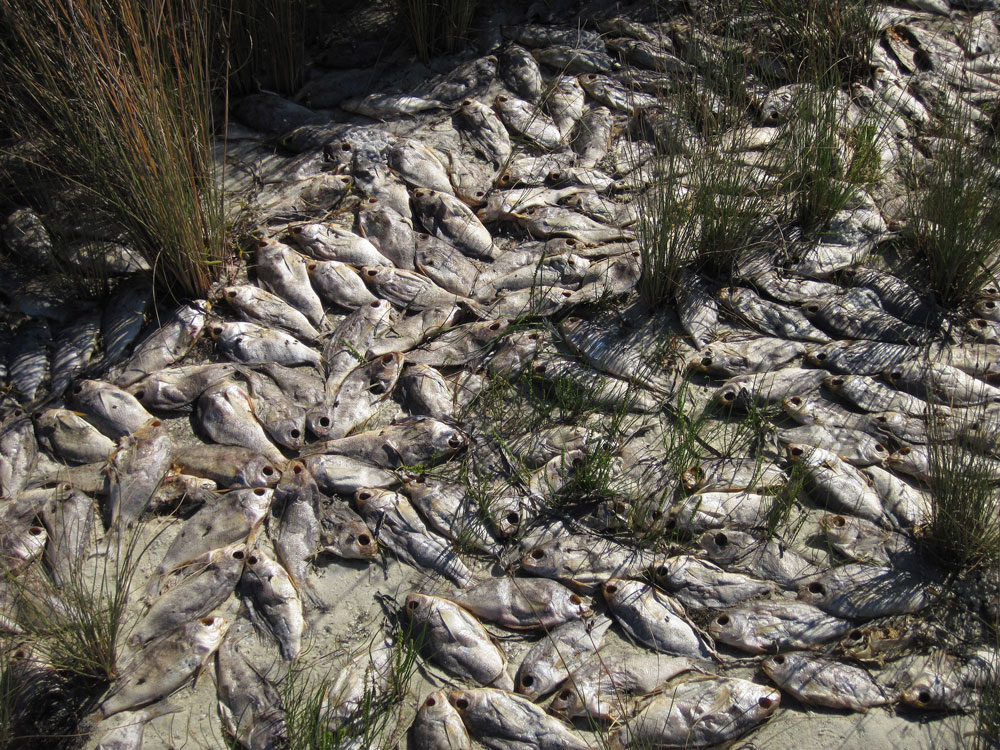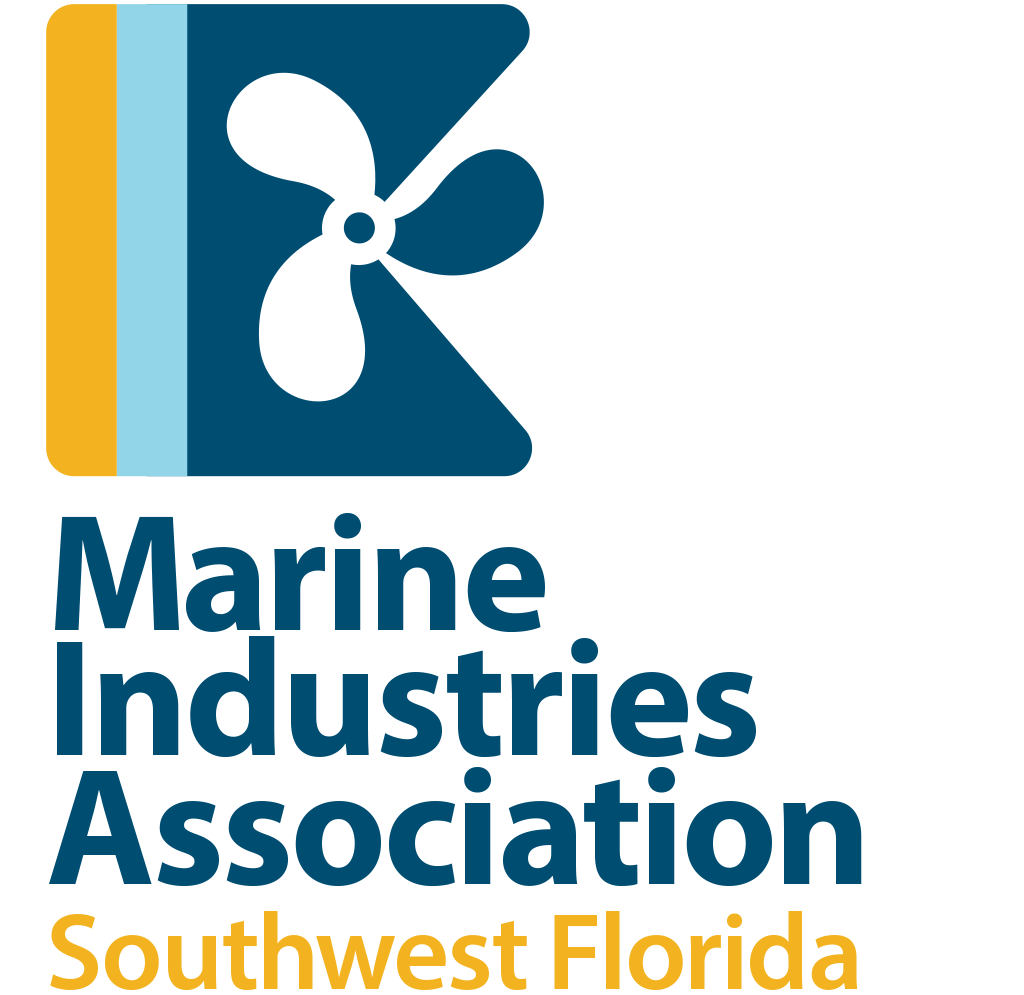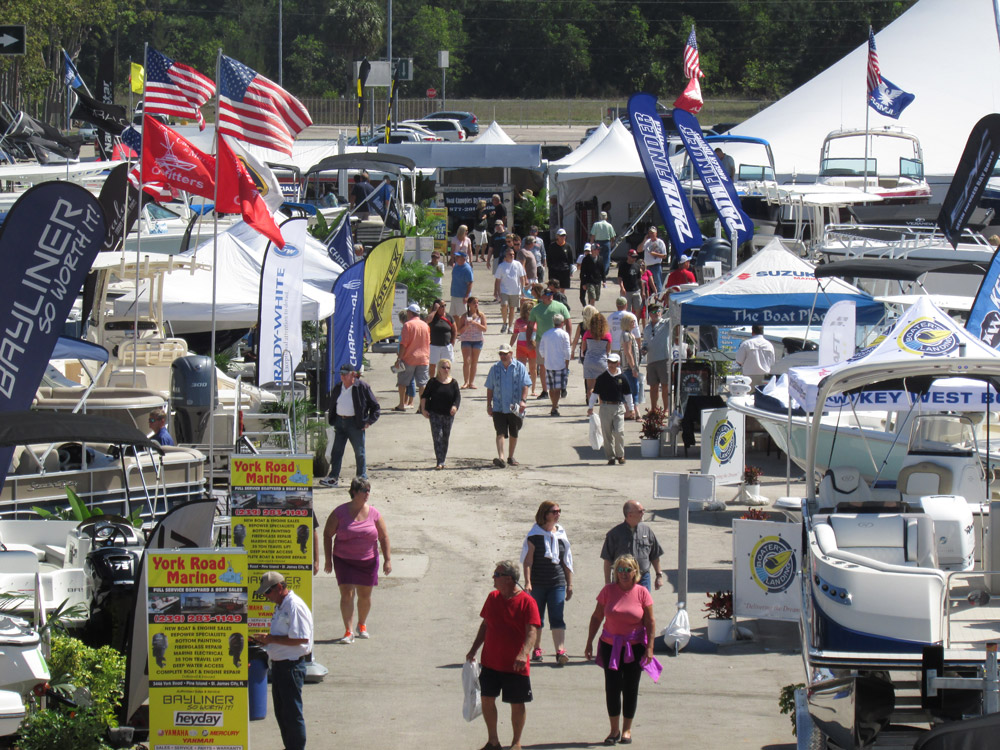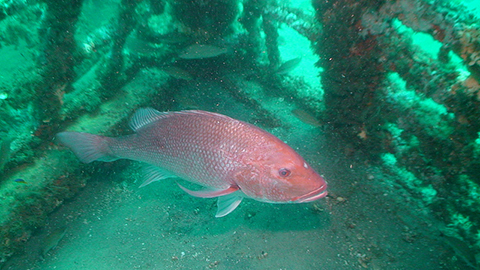Help FWC monitor fish health by reporting fish kills
The Florida Fish and Wildlife Conservation Commission (FWC) needs your help in monitoring fish health by tracking marine and freshwater fish kills in Florida.
FWC scientists monitor and document fish kills and diseases, as well as other aquatic animal health issues and associated environmental events.

“The public’s involvement is critical to locate, monitor and understand the extent of fish kills. Reporting observations to the hotline ensures a coordinated response to incidents and alleviates public concern,” said Theresa Cody, associate research scientist. “All the data collected from fish kill events are used in conjunction with directed research to further understand the causes of fish kills and disease incidences.”
Many factors can contribute to a fish kill. Weather-related factors are common causes. Sudden temperature fluctuations or extreme temperatures can result in fish kills any time of the year. Hot weather during the summer months can cause fish kills, in part because warm water holds less oxygen than cold water. In addition, a lack of rain during hot-weather months can lower water level in lakes and ponds, resulting in poor water quality, increased density of animals and faster use of dissolved oxygen. Heavy rains can compound the situation by suspending sediments in the water column and by washing vegetation, such as leaves and grass clippings, into the system where they will decompose. The decomposition process also can remove oxygen from water.
The good news is that most natural water bodies are resilient to fish kill events.
The public can report fish kills to the FWC at MyFWC.com/FishKill or by calling the FWC Fish Kill Hotline at 800-636-0511. You can also submit a report through the “FWC Reporter” app on your iOS or Android mobile devices. It is not necessary to report fish kills in man-made retention or private ponds to the FWC. The Fish Kill Hotline is sponsored in part by a U.S. Fish & Wildlife Service, Wildlife and Sport Fish Restoration Program grant.


